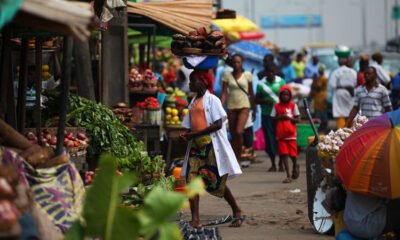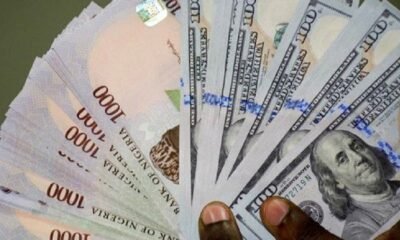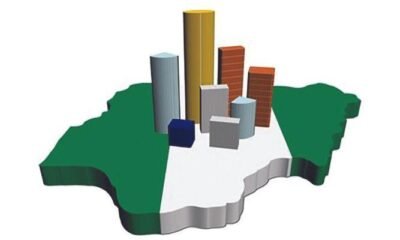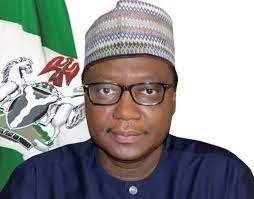Business
Interest Rate Hikes: Why Banks Are Smiling, The Common Man Crying
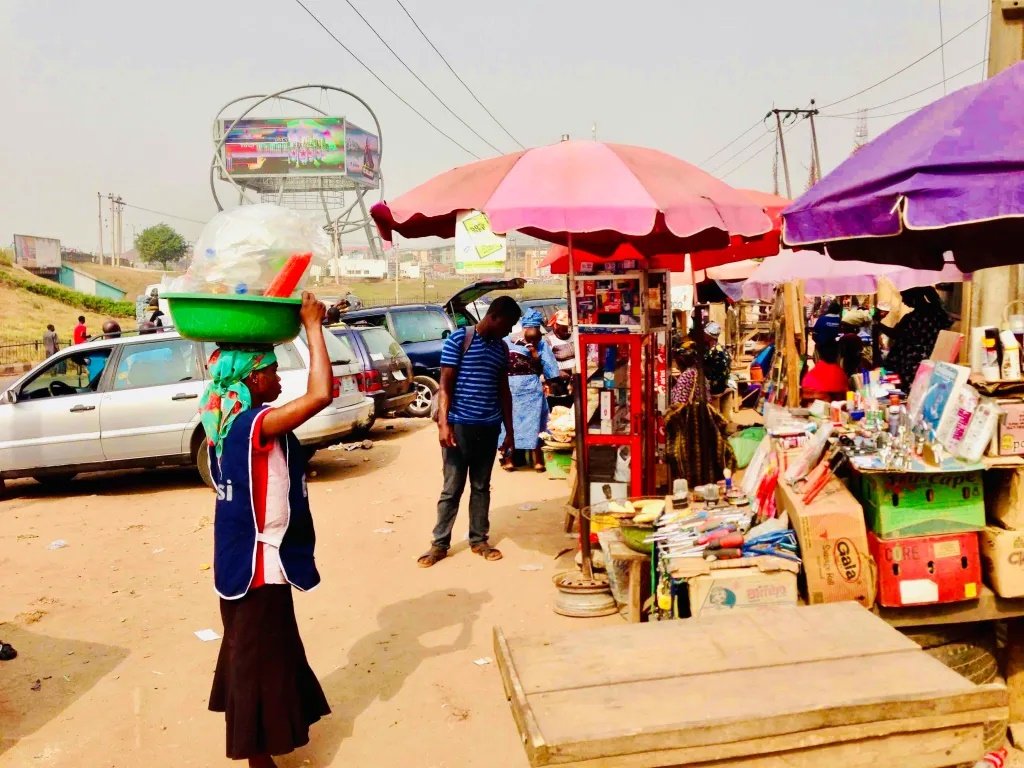
Latest Interest rate hikes by the Central Bank of Nigeria (CBN) from 22.75 per cent to 24.75 per cent has again come with smiles for commercial banks and gloom and grumblings for the Nigerian common man.
The interest rate also known as the Monetary Policy Rate (MPR) of course determines the margins at which commercial banks lend money, and the higher it is, the better for the banks.
On the other hand, the higher it is, the more difficult for real sector operators- products’ and services’ manufacturers to access credit, which means higher prices for their products, putting in a most easily understood context..
The Net Interest Margins (NIM) or profit margins of these banks will spike, but this will be at the expense and pain of the average man on the streets.
This is why, real sector stakeholders, under the umbrella of the Nigerian Association of Chambers of Commerce, Industry, Mines and Agriculture (NACCIMA) and the Nigerian Association of Small Scale Industrialists (NASSI) have already begun to complain the interest rate hikes..
They are echoing what others have already said: the increase in MPR would worsen he private sector’s ability to access affordable credit. Beyond, it would continue to impact negatively on job security and general wellbeing of individuals and families.
Incidentally, many again heap the blame on the doorsteps of the Bola Tinubu-led federal government which early in its inauguration, stunned the average Nigerian with the removal of fuel subsidy.
READ ALSO: CBN Monetary Policy Decisions That Should Concern Us All, Rich, Poor
Yes the apex bank has, by the application of some fiscal policies narrowed the spread between the official and parallel rates in the exchange of the Naira, but many challenges still litter everyone’s pathway.
 By increasing thee monetary policy rate by 200bp to 24.75% and maintaining the Naira cash reserve ratio (CRR) for commercial banks at 45%, the authorities aim at keeping inflation, which has worsened masses misery in the recent, at limits.
By increasing thee monetary policy rate by 200bp to 24.75% and maintaining the Naira cash reserve ratio (CRR) for commercial banks at 45%, the authorities aim at keeping inflation, which has worsened masses misery in the recent, at limits.
It had been instructive seeing Nigeians groan shopping at malls and open markets, due to the inflationary trends that had reduced the value of their money in their possessions, and these impacts cannot easily be quantified.
Inflation was 29.9% in January but by February, it had reached 31.7%.
“All 12 members of the committee decided to further tighten monetary policy by raising the MPR by 200 basis points to 24.75 per cent from 22.75 per cent. Adjust the asymmetric corridor around the MPR to +100 to -300 from plus 100 to -700 basis points,” Central Bank of Nigeria (CBN) governor said providing justification for the latest interest rates hikes.
However, the real impact could be felt in the recently held Easter holiday with many traders complaining of low sales.
These include liquor and beverage sellers retail and wholesale.
Some of them who spoke to NAN, complained of blead business compared to last year. By as much as 100 per cent.
The reports cited examples, including a 50cl pet bottle of different brands of soft drinks currently selling for N300 as against N150 in 2023.
READ ALSO: Who Forged Buhari’s Signature To Withdraw $6.2m From CBN?
The same is the case with alcoholic beverages, including canned beer with current price pegged at N700 were previously N400, while a can of Malt drink increased to N400 from N250.
Many wholesalers said patronage had dropped, experts pointing to the interest rate hikes as :if not the sole reason, but major contributor.



